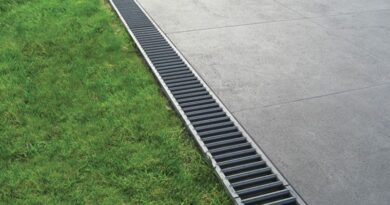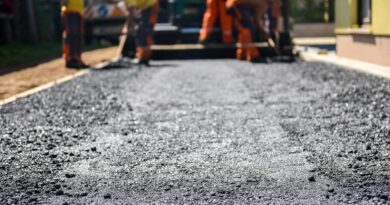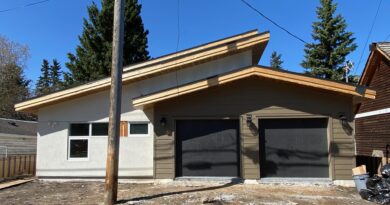5 Metal Roofing Myths Demystified: A Quick Factsheet
When looking for the best value in terms of longevity and protection, metal roofing is the most recommended choice for homes. However, there are a lot of false beliefs about roofing metal, which might discourage homeowners. We’ll bust some common misconceptions regarding metal roofing in this blog. Verify your information before making any decisions on your roof.
Let’s take a look into the most common misconceptions about metal roofing and the facts behind them.
Myth 1: They Look Old and Rust Easily.
Some homeowners associate the term “metal roofs” with the old-fashioned tin roofing found largely on barns and old farms. But a lot has changed since then. Metal roofing now refers to more than just tin. Numerous options, such as copper, zinc, steel, and aluminum, are available today. These roof materials undergo special treatment and have a galvanized coating to stop weathering and corrosion.
In terms of aesthetics, metal roofing materials are now available in distinctive patterns and textures. These add a visually pleasing touch and go well with the architectural style of your property.
Myth 2: They Cannot Withstand Harsh Weather.
A prevalent misperception is that metal roofs are not resilient to severe weather. The fact is that metal roofing sheets are lightweight and flexible, but these are installed using interlocking panels for maximum strength and stability against wind damage.
Many people have the idea that metal roofs dent easily in a hailstorm. Well, metal can dent. But only a drastic hailstorm can dent metal roofs and it is likely to damage asphalt shingles too. Additionally, metal remains intact even if it is dented.
Myth 3 – They Increase the Risks of Lightning and Fire.
Another common myth is that metal roofs are unsafe during thunderstorms and they attract lightning. The fact is that metal is non-combustible and safely dissipates electrical energy through your home’s structure and into the ground. If lightning strikes, a metal roof will not catch fire because it is nonflammable. Many metal roofing materials are fire-resistant and come with a Class A fire rating. Metal roofs also prevent the spreading of fire to neighboring structures, thus, providing an extra layer of protection.
Myth 4 – They Make Homes Hotter During Summer.
It is not baseless to think that metal roofing will make your home hotter during summer. But this is purely a myth and far from the truth. Metal is one of the most energy-efficient roofing solutions on the market. It reflects the sun’s rays up and away from your home in contrary to asphalt shingles which absorb heat like a sponge. Metal roofs have high solar reflectivity and can reflect up to 70% of the sun’s energy. Hence, it absorbs less heat and the home remains cooler in the summer.
Myth 5 – They Make Extreme Noise in Rain or Hailstorm
There is a common idea that metal roofs make deafening noise in rain and hailstorms. This may be true for some roofing materials, but not all metal roofs are designed and installed the same. A lot depends on the material you choose and the installation process. Experienced roofers typically put a padding material between the metal sheet and the plywood decking to minimize the sound of rain or hailstorm on your roof.
Restricting the contraction and expansion required for efficient thermal movement of a metal sheet can result in a noise issue. Insulating the roofing structure is another way to minimize noise. Insulation can be done below or above the roof deck and even between the purlins or beams of an open frame. This aids in temperature control and noise reduction. During installation, the roofer should ensure that the insulation aids in optimum thermal movement for soundproofing.
Final Thoughts
Misconceptions will always exist with metal roofs, but being knowledgeable will help you differentiate facts from fiction. When determining whether or not to install metal roofs, keep in mind the following:
- Metal roofs are extremely durable and may last up to 40 to 70 years.
- They don’t attract lightning or cause fire more than any other roofing material.
- The noise of rain or hail on metal roofs can be significantly reduced if a solid roof deck, sheathing, or insulation is present.
- Metal roofs do not rust if they are specially treated or come with a galvanized coating.
- They are highly energy efficient and can help cut down your energy bills.
The performance of your metal roofs depends to a large extent on the knowledge & experience of the roofer. Hiring an expert like Advance Roofing LLC can ensure peace of mind and the best value for your investment.
Also Read:
- DIY Spray Foam Insulation: A Practical Approach to Save Energy
- Crafting the Perfect Outdoor Space: The Essentials of Porch Building
- Comprehensive Manual to Achieving a Flawless Loft Conversion in London
- Wonderful DIY Ideas and Projects for Home Transformation
- Know How to Get Paint off Concrete with DIY Tips




